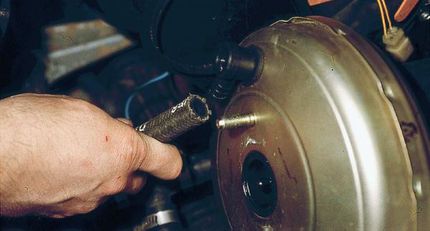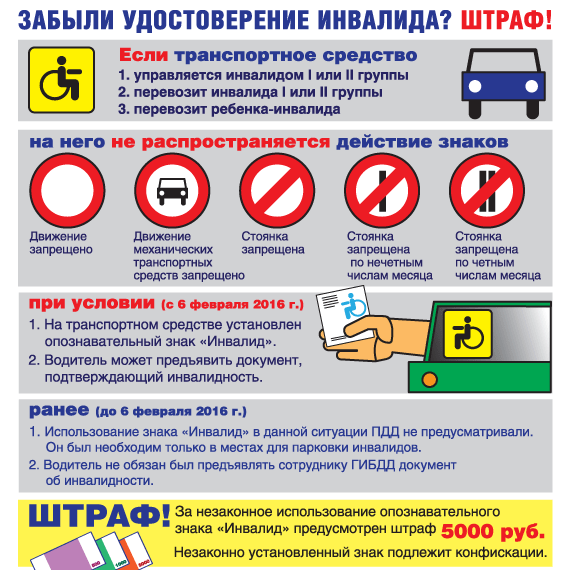
Symptoms of a Faulty or Faulty Hydraulic Brake Booster
Common signs include less braking power, hard to press the brake pedal, and fluid leaks.
Hydraulic brake boosters are a type of brake booster found on many road cars and trucks. While not as common as regular vacuum brake boosters, they serve the same purpose of helping the brake system to reduce pedal effort and make brakes work easier. They differ from vacuum brake boosters in that they operate using hydraulic pressure to assist the brakes rather than engine vacuum. The boosters work by hydraulic pressure generated by the car's power steering pump or a special hydraulic pump. Hydraulic brake boosters are particularly well suited for vehicles equipped with diesel engines, where the vacuum in the engine is much less and therefore available to the powertrains, compared to gasoline engines.
When the hydraulic brake booster fails or has problems, it can cause problems with the car's brakes, which can be a safety issue. Usually a bad or faulty hydraulic brake booster causes several symptoms that can alert the driver to a problem.
1. Reduced braking power
One of the first symptoms of a bad brake booster is reduced braking power. If there is any problem with the booster or system pressure failure, the vehicle may have reduced braking power. You may notice that the vehicle takes longer to stop when the brakes are applied and that the brakes do not respond as quickly as they used to. Similar symptoms can also be caused by other problems with the car's braking system, so it's a good idea to get a proper diagnosis if you're unsure of the problem.
2. The brake pedal is hard to press
Another common symptom of a hydraulic brake booster problem is a hard brake pedal. If the brake booster fails, the brake boost will be disabled and the pedal will become hard to press. A hard pedal will require significantly more force to push, resulting in reduced braking power and increased pedal effort.
3. Fluid leaks
Another sign of a problem with a car's hydraulic brake booster is a fluid leak. If any of the seals or hoses that are part of the hydraulic brake booster system wear or break, fluid may leak from them. Depending on the severity of the leak, drops or puddles of hydraulic fluid may form under the vehicle. Any leaks present in the hydraulic brake booster system should be repaired as quickly as possible as they will eventually disrupt the system once the fluid level has dropped low enough.
A properly functioning hydraulic brake booster will allow for easy control of the brakes without excessive force and can cause braking and therefore vehicle safety issues when it has problems. If you suspect that your vehicle may have a problem with the hydraulic brake booster, have your vehicle checked by a professional technician, such as AvtoTachki, to determine if the booster should be replaced.
